How We Fight Malnutrition Differently
At Regenerative Farms, we are dedicated to transforming the lives of mothers and children by combating child hunger with innovative, regenerative agricultural solutions and support for indigenous communities working to preserve their traditional cultures and foodways. Our unique approach to fighting hunger focuses on empowering women farmers to cultivate Food Forest Gardens full of a diversity of high value, and highly nutritious SuperFood Trees, ensuring that their children don’t go hungry after severe weather. This is critical because access to healthy food where rural people live is crucial since severe floods, heatwaves, droughts, and wind storms are all on the rise around the world making it hard to grow the food families depend on for their daily survival. In remote villages, roads are often just dirt footpaths, so getting around or getting food in and out is extremely difficult and for women who don’t have access to transportation, it means they must grow almost all the food their children rely on.
The Power of SuperFood Trees
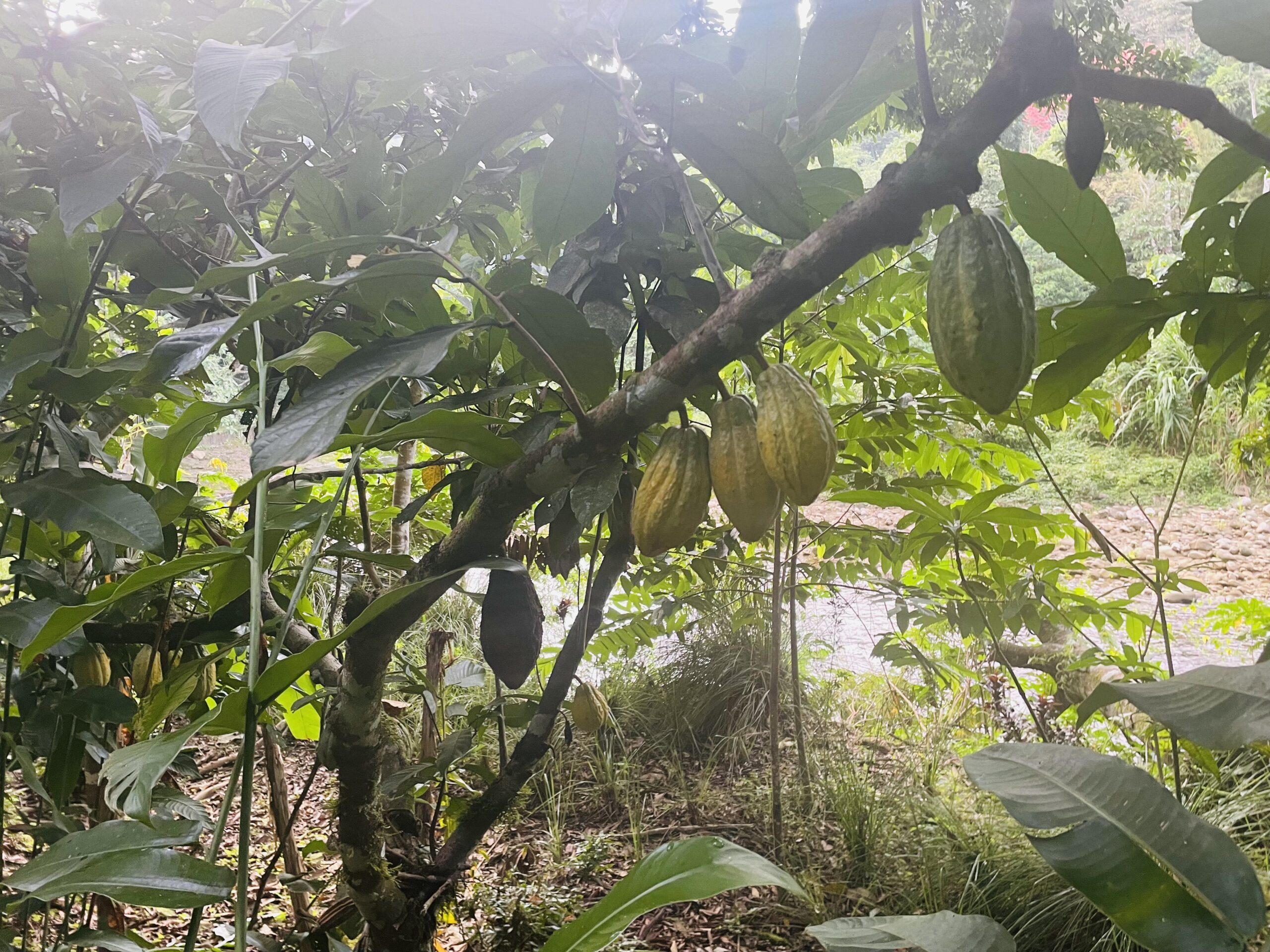
Photo:Cacao pods turn a beautiful yellow-orange color as they ripen on the main stem of a wild cacao shrub growing under shade in an agroforestry system on one of our Regeneration Hub partner’s farms in San Martin, Peru
In many parts of the world, like in remote villages located high in the Peruvian Andes, up to 80% of a child’s food is grown by their mother. However, the rise in frequent weather disasters and limited resources often leave these women struggling to feed their families. At Regenerative Farms, we address this issue by helping women transition from farming only a limited number of vulnerable annual staple crops like corn and rice to more weather-resilient SuperFood Tree crops like breadfruit, moringa, and cacao grown in diverse agroforest farms around their homes. These trees, grown using regenerative agriculture principles make families and crops better able to withstand severe weather, providing abundant, nutritious food year-round for children and mothers.
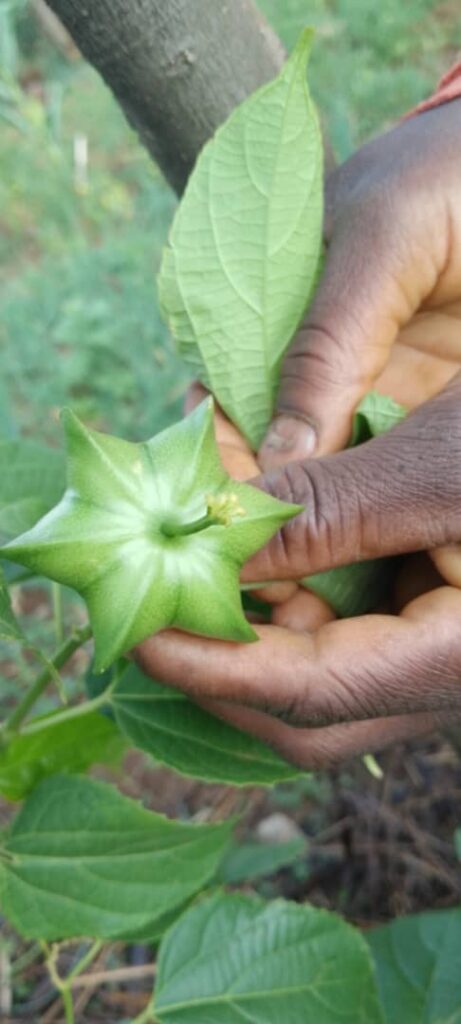
Photo: Sacha Inchi, a SuperFood vine and traditional medicine of the Inca.
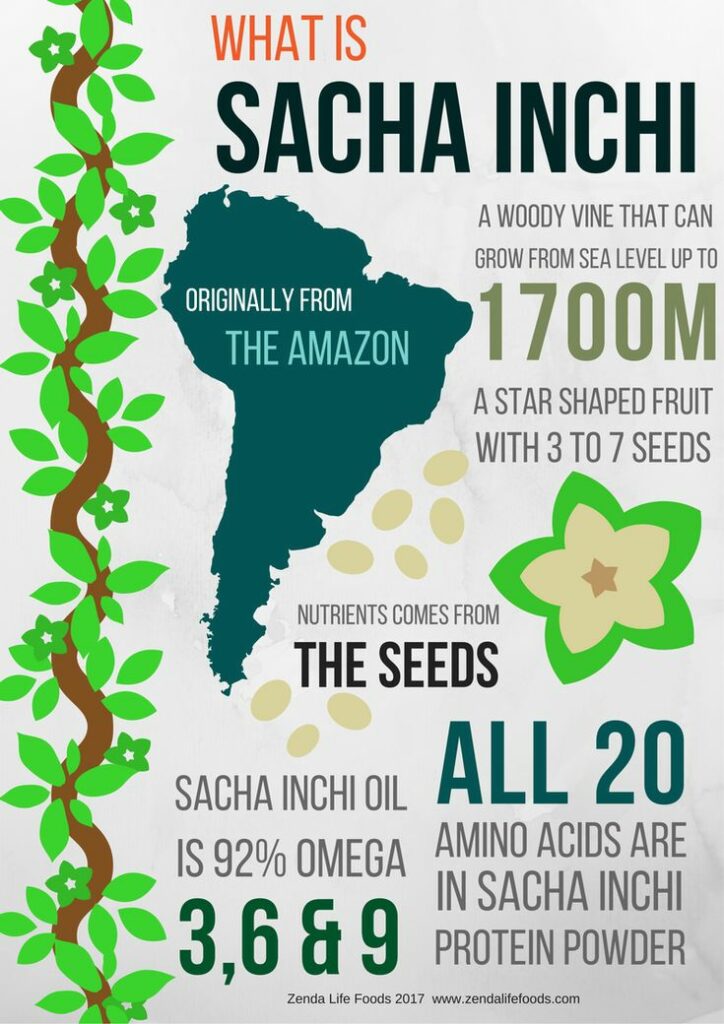
Our Impactful Programmatic Approach
Our approach is simple yet impactful: we provide the tools, knowledge, and support needed by women who otherwise can’t access things like credit, seeds, tools, or training. We help them establish nutrition-focused Food Forest Gardens where they can also improve their income on small plots of land close to their home. These gardens not only ensure food security but also promote environmental restoration. By planting a diverse range of SuperFood Trees, we help create ecosystems that are more resilient to climate change and capable of nourishing communities for generations. Planting trees and reducing the need to clear forest, helps protect biodiversity, providing food and habitat for threatened wildlife too.
Why We Prioritize Gender Considerations in Climate Adaptation
We find this women first method is not being used by most reforestation, or agroforestry programs that tend to focus mostly on larger farm plots, land that is farther from the home, and usually tended by male farmers, growing commodity crops for export sales.
That’s why we founded Regenerative Farms. We knew that to solve hunger and ensure tree planting programs succeed in solving the root causes of deforestation, we had to create a program that could address hunger and deforestation at their source. Our programs focus on providing for a woman’s unique needs in caring for her family. One that works on the marginal small plots of land she has to grow food on and so we researched the best crops she can plant to sustain her family. We did this because we know it is women and children who are significantly more devastated by severe weather disasters because of a number of compounding vulnerabilities due to the prevalence of gender discrimination.
Our programs focus first on helping families plant the right trees, adjacent to the kitchen, that are capable of fighting local and common nutritional deficiencies, and we place them within easy reach of a pregnant mom with little children still needing her care close to the home. We do the research to ensure women have the best selection of tree crops that can supply a nursing mom and growing baby’s unique nutritional needs, year-round, then add in high-value crops that can make a woman some added income while she farms near her home. We provide training that comes to her, and in formats that work for her needs and pressing daily responsibilities.
Our Approach to fighting child hunger and deforestation focuses on:
- Empowering Women: We equip women with the resources and training needed to transition to regenerative farming practices prior to malnutrition ravaging their children, rather than many humanitarian hunger efforts that make women come to a feeding center, after walking long distances in order to access imported, fortified foods that they are not accustomed to, and that only provide supplemental nutrition once a woman’s children are seriously ailing from malnutrition diseases like stunting. Research has shown those approaches have very low success rates for Indigenous women and children. Our approach makes it easy and possible for women to nourish their kids with the foods they can grow, right where they live.
- SuperFood Trees: We focus on helping women plant a diversity of trees right at their kitchen doorstep, trees that they know how to cook, and that they will use everyday to offer their kids high nutritional value. We also incorporate food processing infrastructure so abundant harvests aren’t lost, but are preserved for seasons when less food is available for harvest. We researched the trees that are strongest, most nutrient-dense, matching the nutrients to the common deficiencies in the local area. We also look for the trees that are most resilient to a variety of pests and severe weather conditions so they will thrive despite the rise in extreme weather conditions.
- Regenerative Farming Principles: Our approach promotes organic and regenerative farming which leads to ecosystem restoration, and biodiversity enhancement while fostering long-term abundance for families. Unlike sustainable agriculture, regenerative farming goes beyond just keeping things the same, it works hard to restore degraded ecosystems, so they function better and are more resilient to droughts, floods, heat waves and pest plagues. This is the farming women need to stand strong against the backdrop of today’s onslaught of unpredictable weather challenges.
Latest News from One of Our Field Partners
Hub Partner Spotlight: APARMASH, in San Martin, Peru
We are proud to spotlight our field partner, APARMASH, a locally-based farmer cooperative making incredible strides in its regenerative cacao and reforestation work. Gordon South recently visited the site after helping the cooperative successfully export its first batch of high-quality cacao to eager bean-to-bar buyers and chefs partnering with the coop in the US.
Current Needs and Program-Related Goals
APARMASH has been focusing on several critical infrastructure projects to support its mission and could use funds to complete these urgent projects:
Coop Infrastructure Needs
- Dry Cacao Storage Center Repairs: To keep pests out, APARMASH plans to install bug nets around the storage center and paint the wooden beams white which helps to deter ravenous rainforest insects that otherwise attack the wood. This repair will cost approximately $2,000.
- Solar Cacao Bean Dryer Repairs: The cooperative invested in solar cacao bean dryers almost a decade ago, thanks to a grant but those dryers now need more support for the new netting and roof repairs to help fix leaks that threaten the high quality of their crop, ensuring the effective drying of the beans before shipping.
- Batch Fermenter Covers: One of the keys to producing high-quality cacao is the technique of fermentation of the cacao beans after harvest. The cooperative invested in creating fermenting boxes also with grant funds about a decade ago. They need to build new covers for the batch fermenters now, as they are essential to prevent oxygen from entering during the fermentation process, enhancing the quality sale price for their precious cacao beans.
Local Coop Staff Support Needs
We aim to raise between $10,000 and $30,000 to help the Cooperative hire a regeneration and enterprise coordinator. This role is crucial for:
- Tree Planting Coordination: Working with individual farms to optimize their skills in collecting native rainforest species seeds and planting native trees to restore the regions important forests.
- Organic Practices: Training and ensuring farms follow organic and regenerative farming practices.
- Nursery Project: Collaborating with the local municipality on a significantly expanded native tree nursery project focused on scaling up their reforestation effort across the region for restoring forest to protect their water source and supporting new farms with their tree planting programs.
Join Us in Making a Difference
Your support can help us continue to fight child hunger and build resilient communities in the Andes of Peru and worldwide. By donating to Regenerative Farms, you contribute to a future where every child has access to nutritious food and a restored environment.
Visit our website to learn more about volunteer opportunities, and learn more about our work and how you can help. Together, we can plant the seeds of hope and ensure a brighter future for children and their families everywhere.
Thank you for being a part of our journey to end child hunger with regenerative farming and, innovative ecosystem restoration solutions. Your support is invaluable in making this vision a reality.
Help us spread the word among friends, school groups, teams, and churches. Together, we can create a future where women farmers can survive and flourish. Share our stories on your social media and connect with us on Instagram and Facebook.
Ways to give to Regenerative Farms to Support our work and the Hubs run by our Partners:
DONATE by credit card via Paypal  or Venmo
or Venmo 
Call 413.475.0864.
Mail checks made out to Regenerative Farms to: 1230 West Rd. Ashfield, MA 01330.
Other ways to give:
Support our work through your donor-advised fidelity fund with this link or Donate through Guidstar.org and see our profile  or suggest us to your favorite 1% for the Planet company
or suggest us to your favorite 1% for the Planet company 
Trust and Transparency are Important to Everyone. Our non-profit Employer ID number is 86.2475402. Verify our MA Attorney General’s charity registration details here. Our latest audited financials and IRS 990 forms are available on our website and upon request.
Thank you for your unwavering support.
Sincerely,
Mary E. Johnson, Founder/CEO
Donate Today and Help Support the Women Who Feed the World!
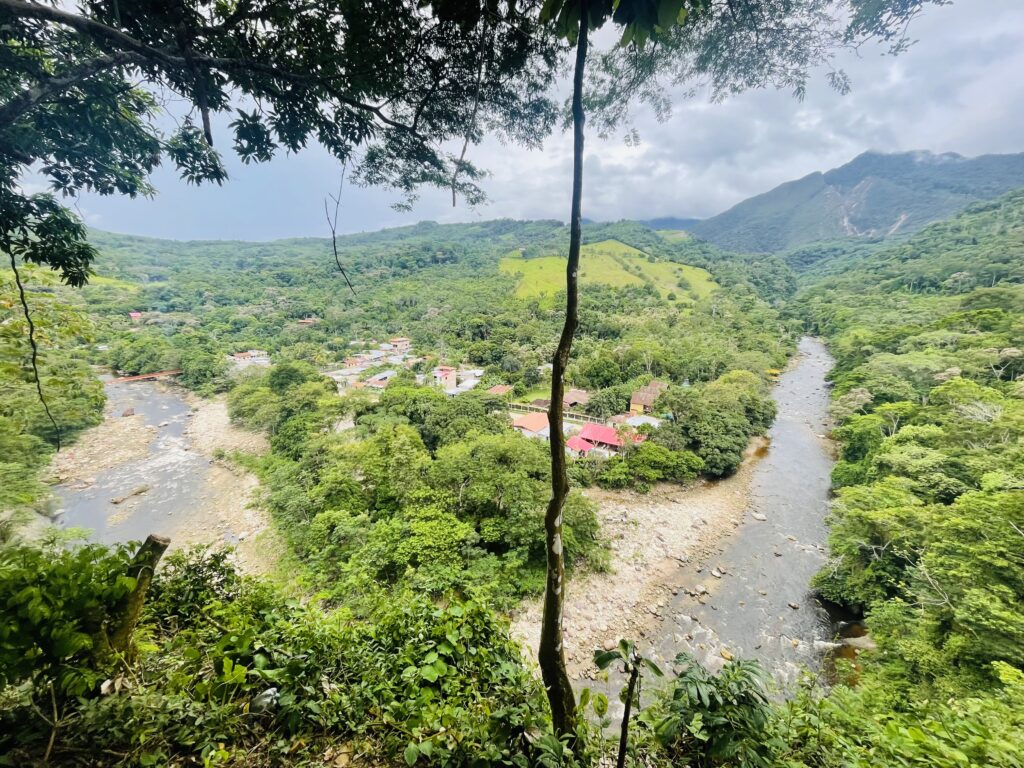
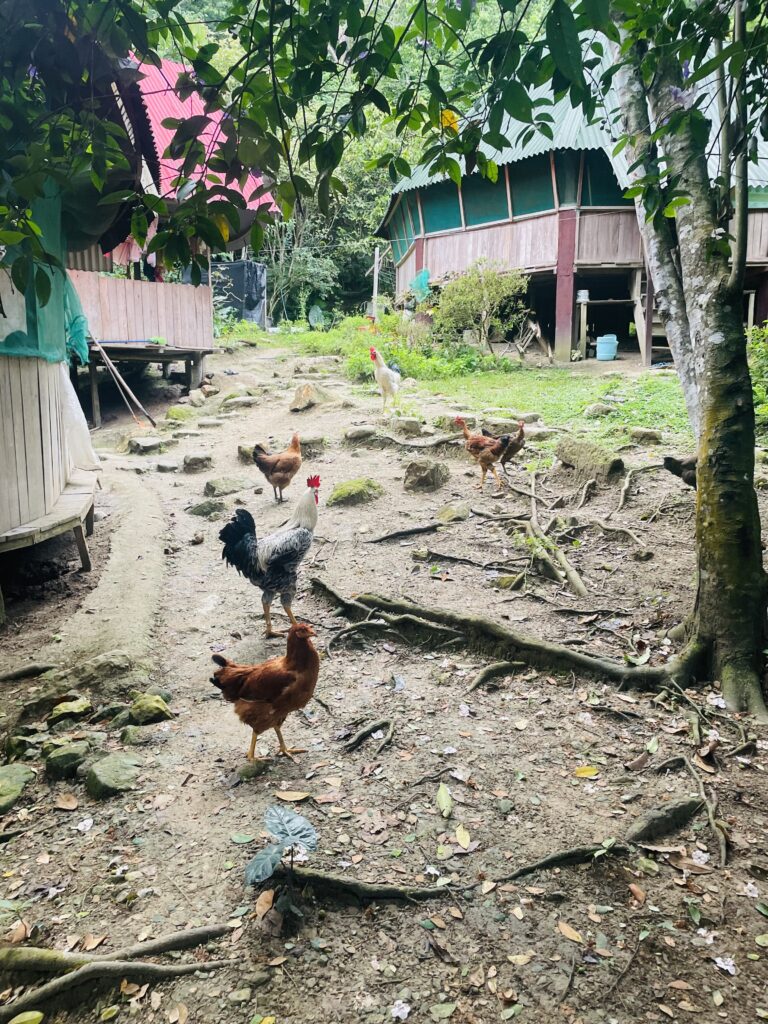

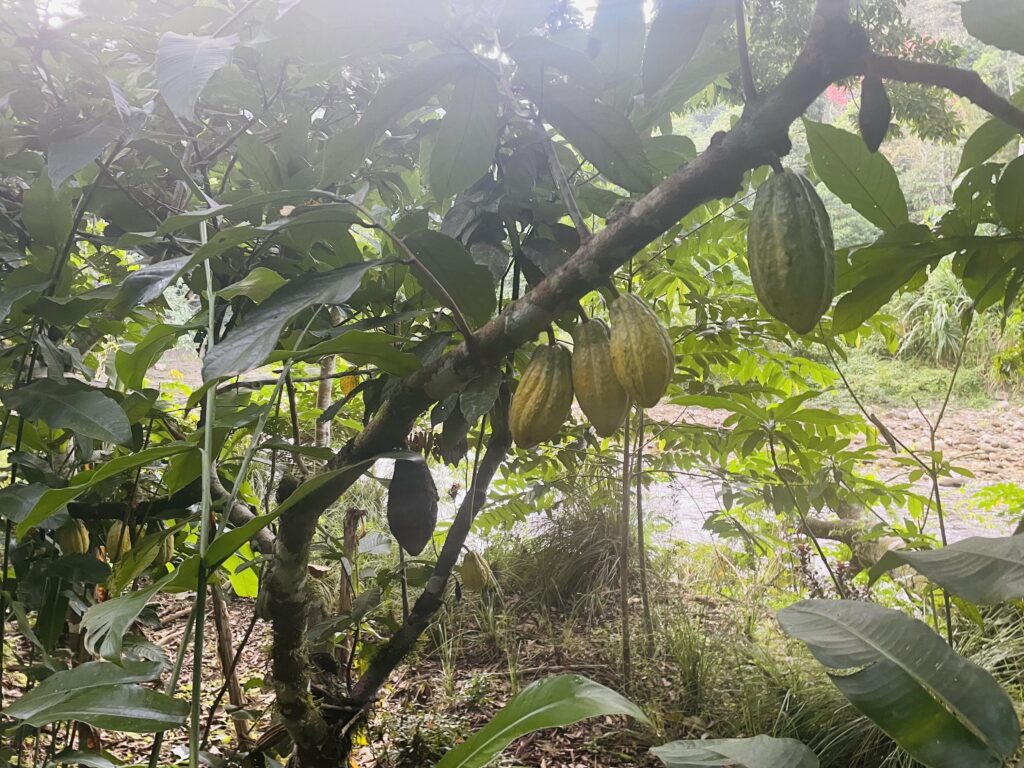
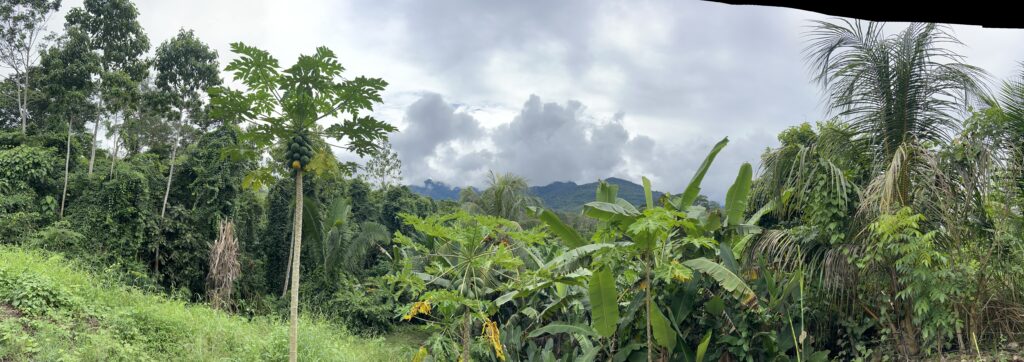
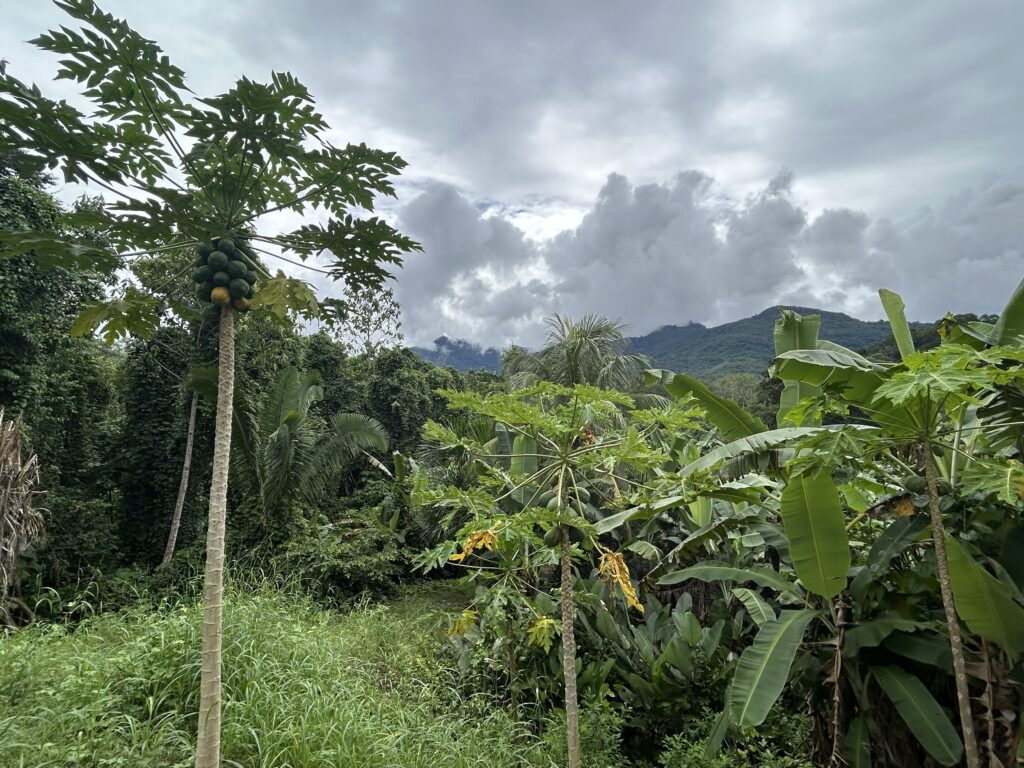
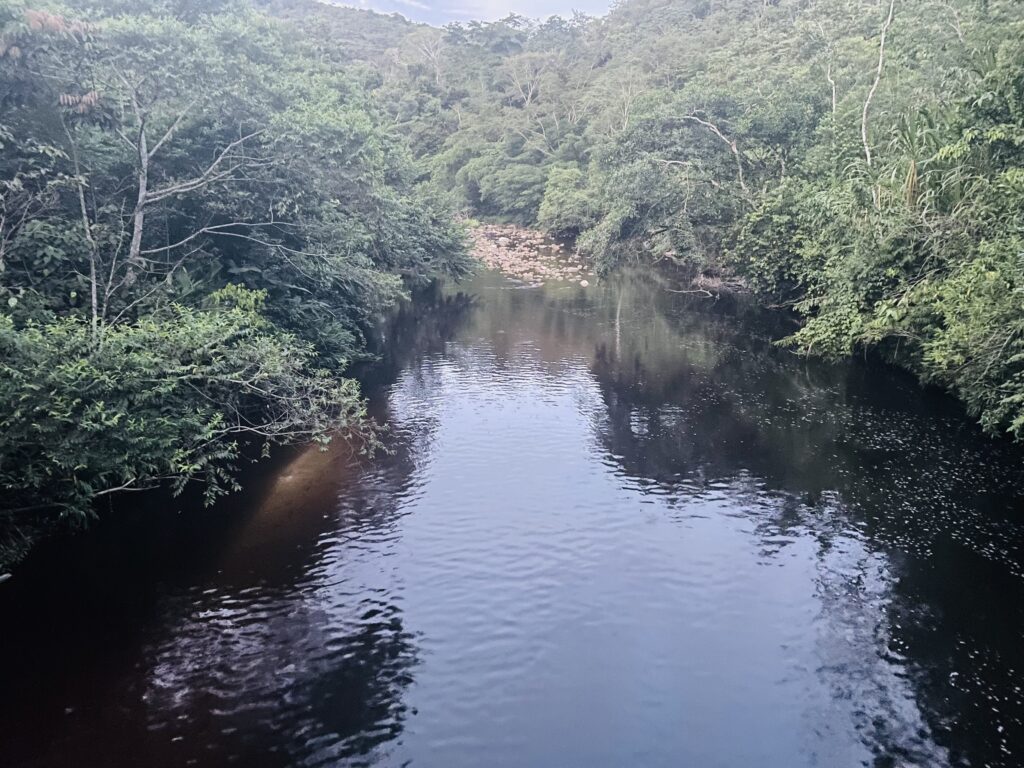

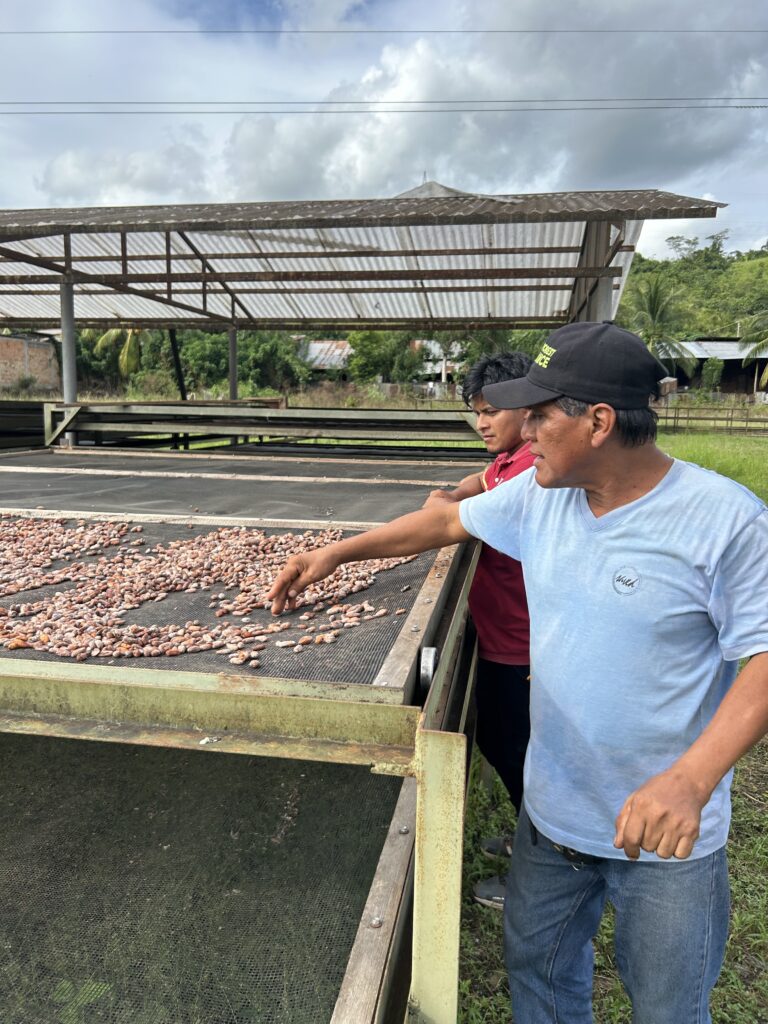
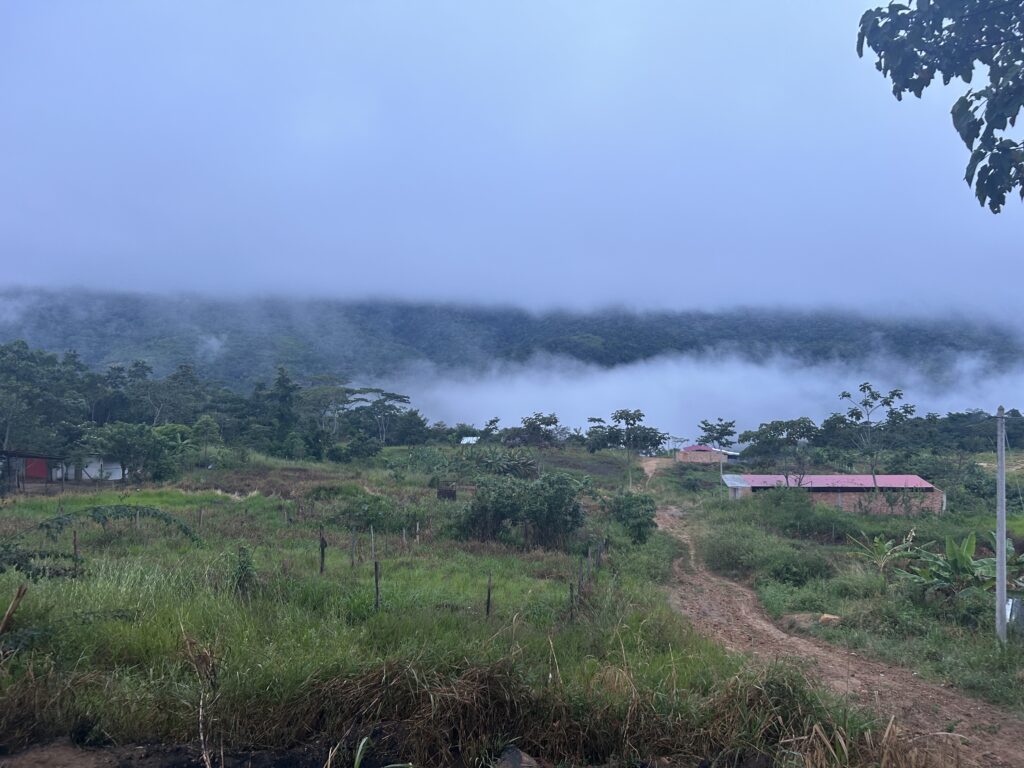
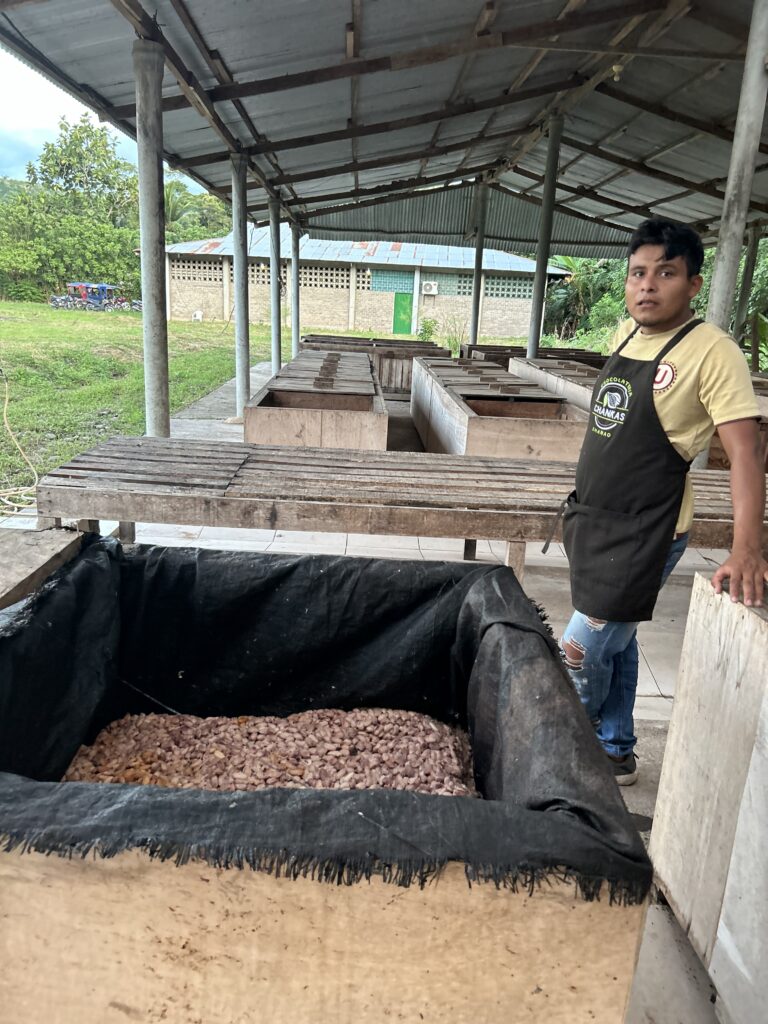
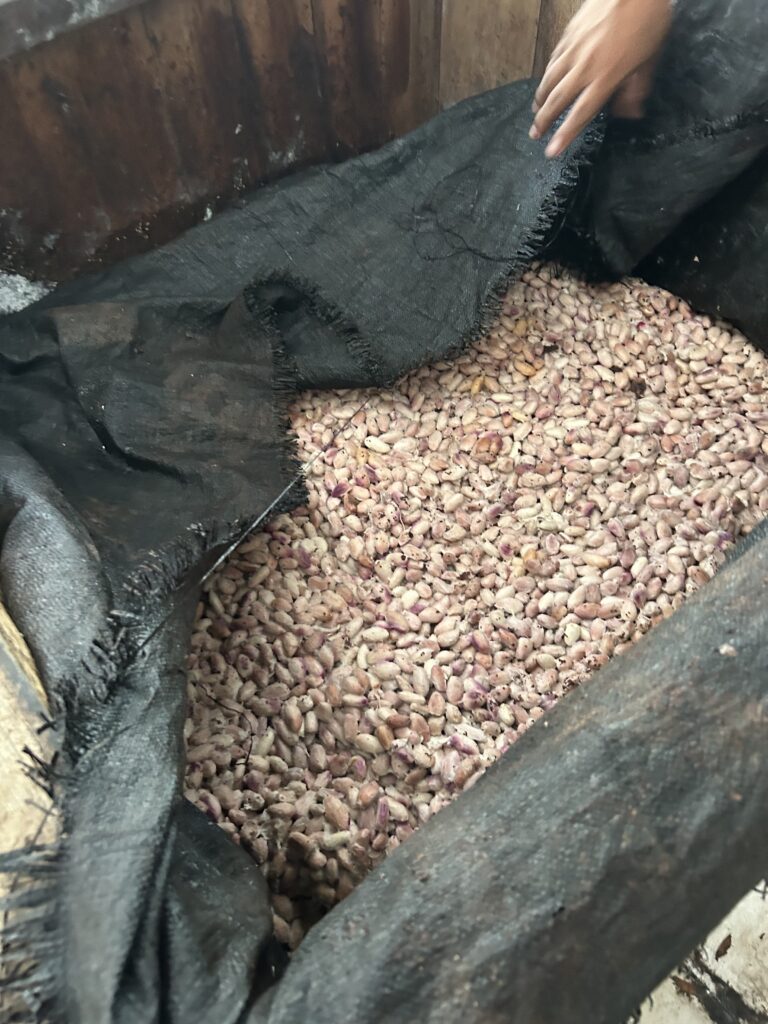
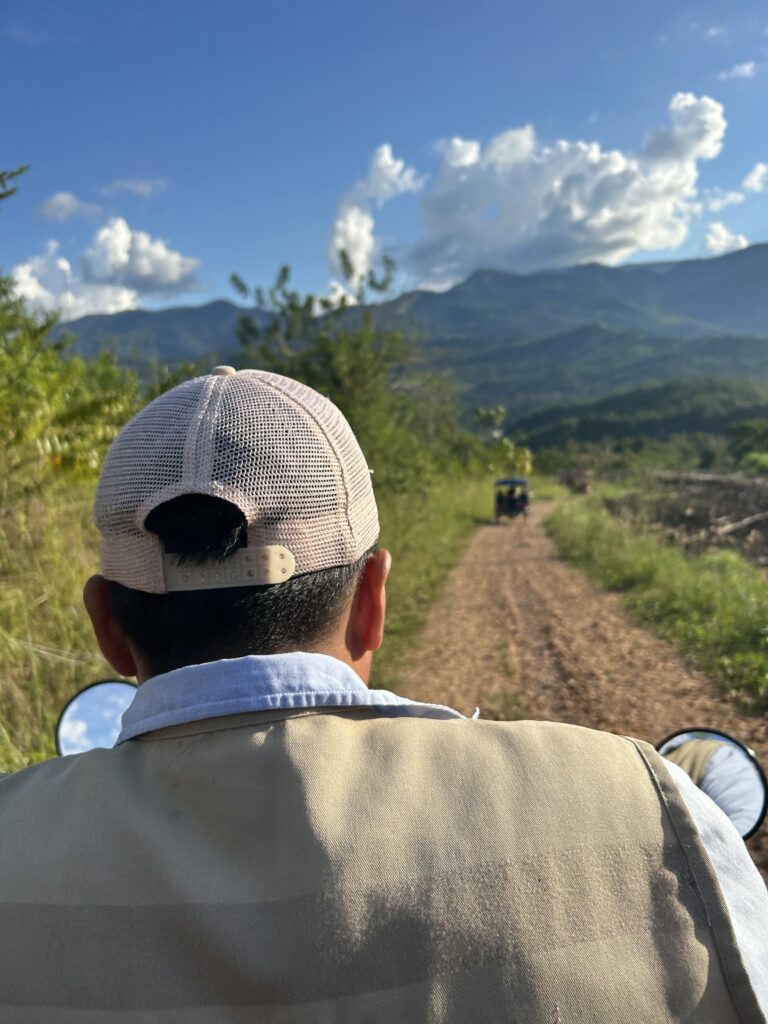
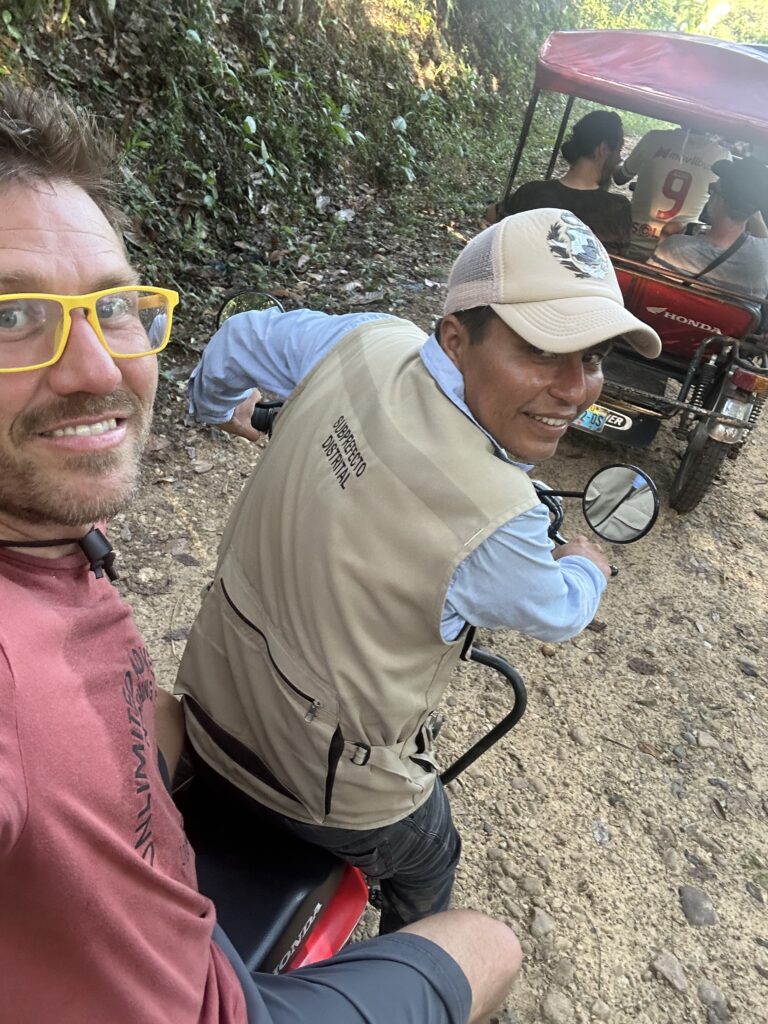
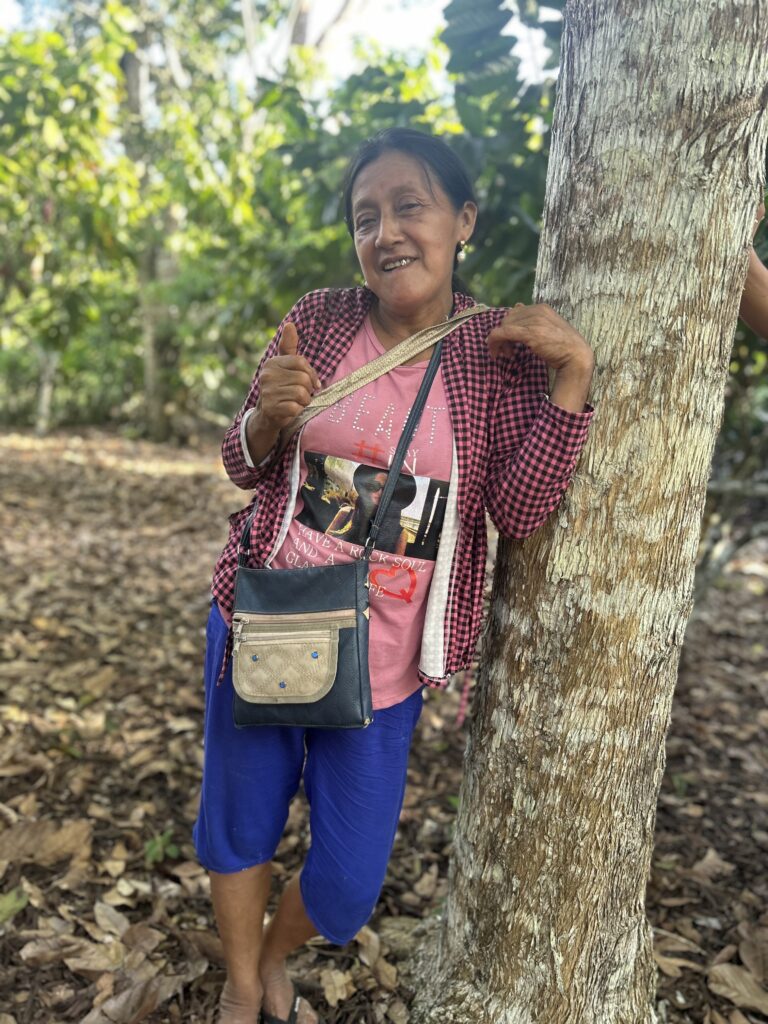
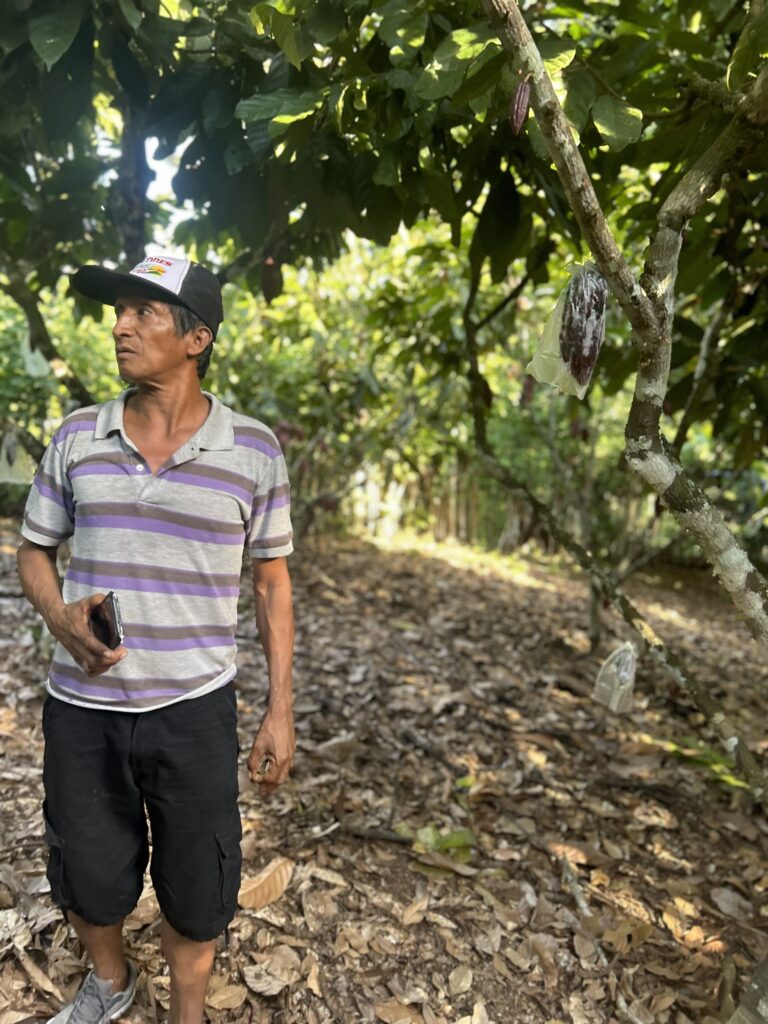
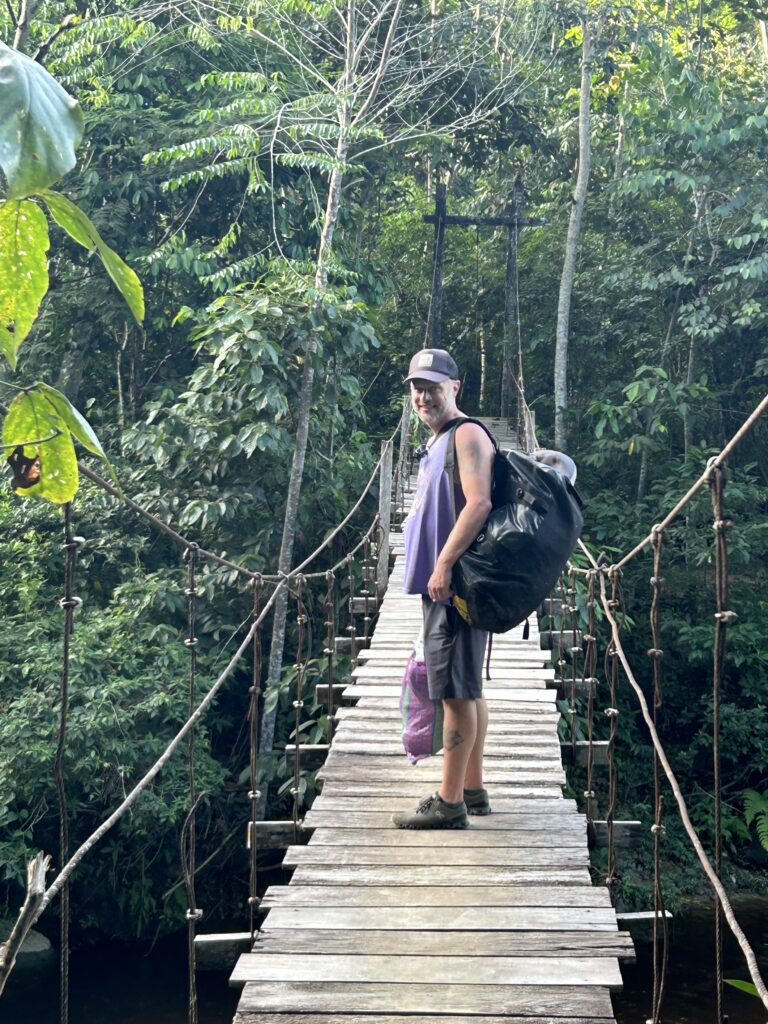
To learn more about sourcing cacao or sacha inchi powder from APARMASH reach out to Gordon South, APARMASH COOP member and Hub champion

Post a comment